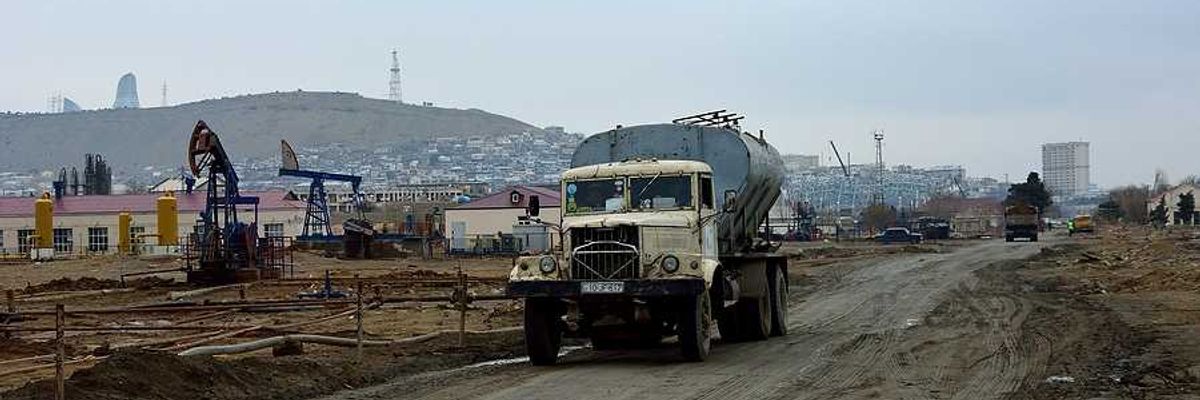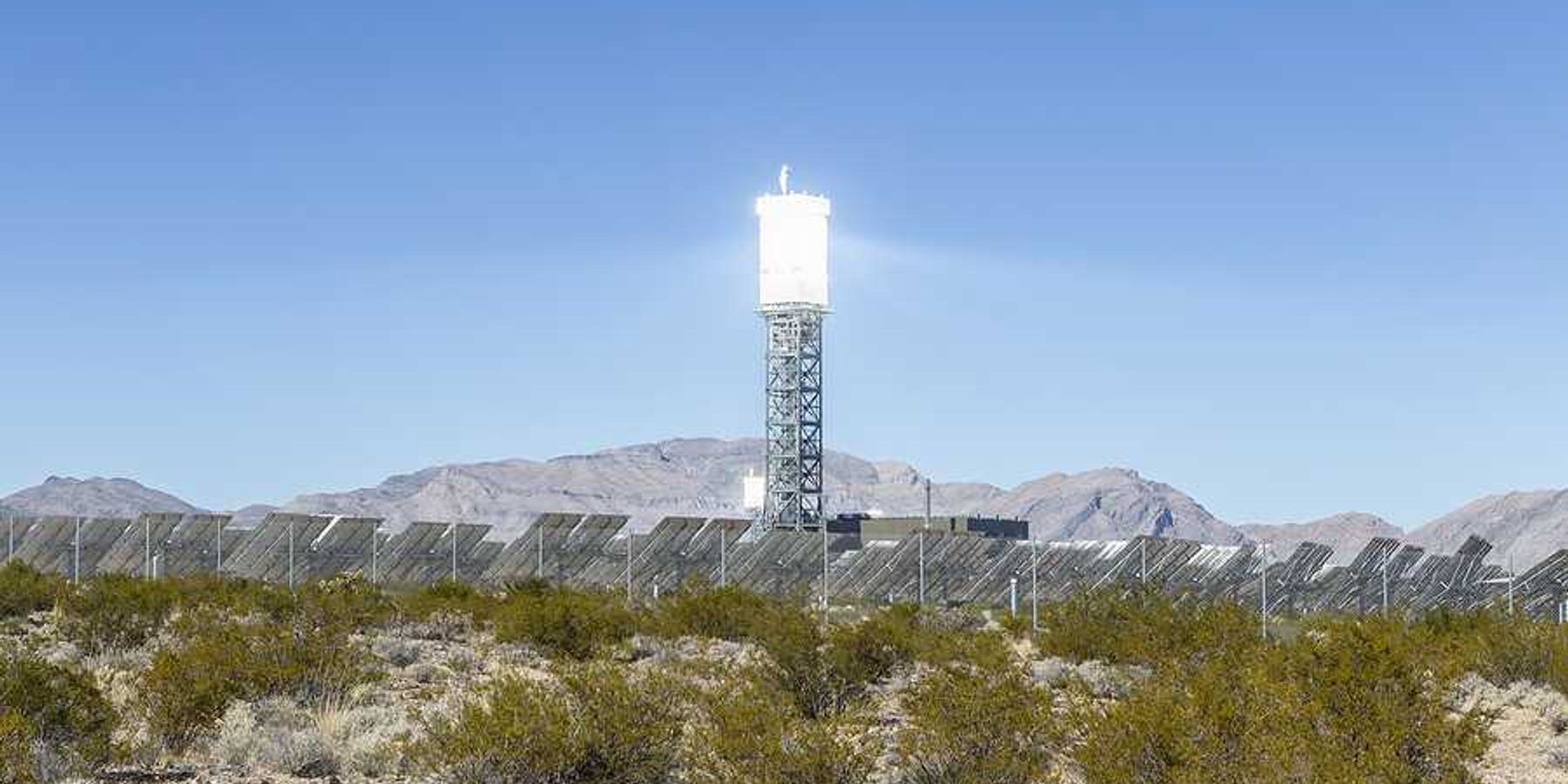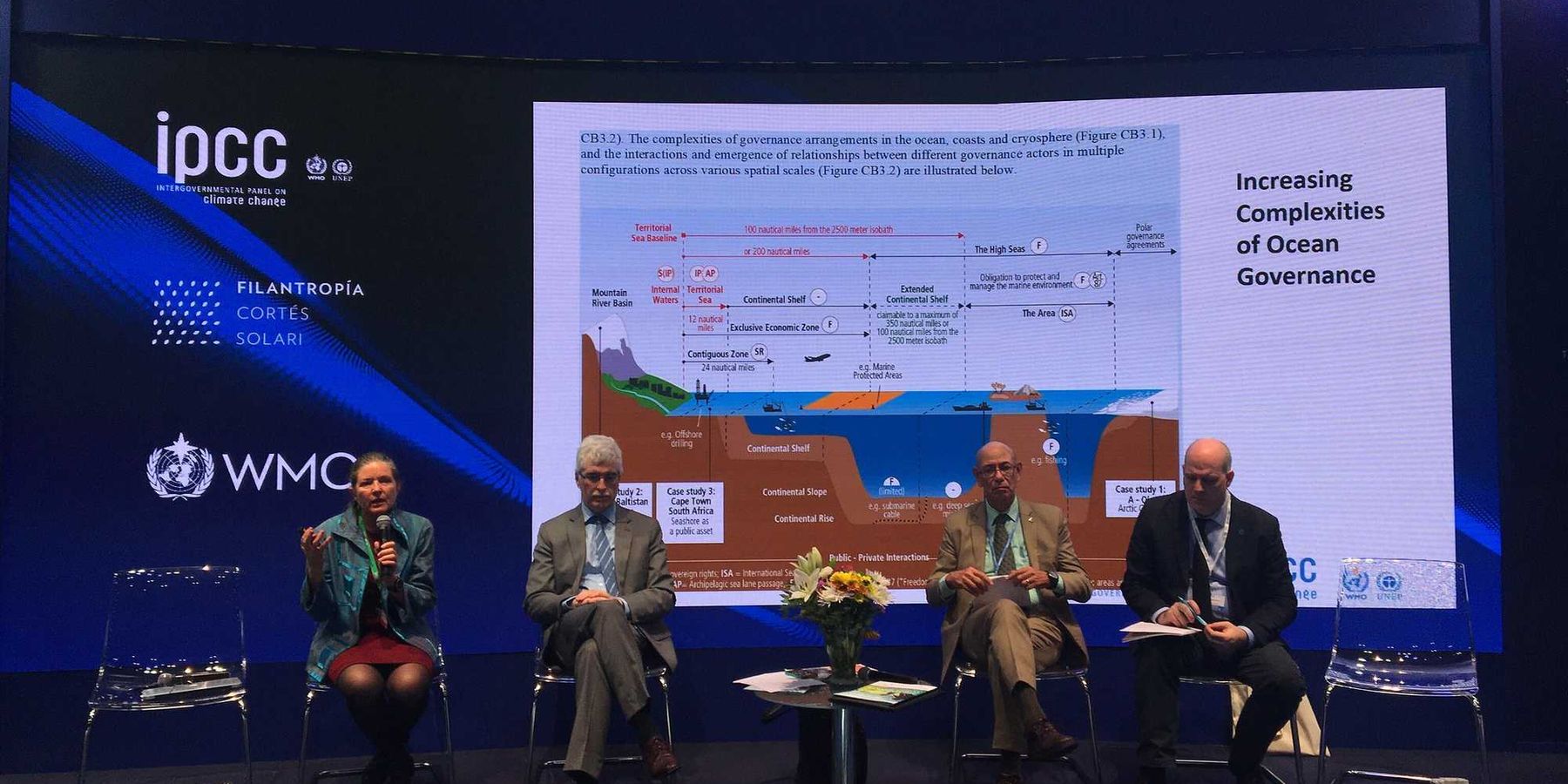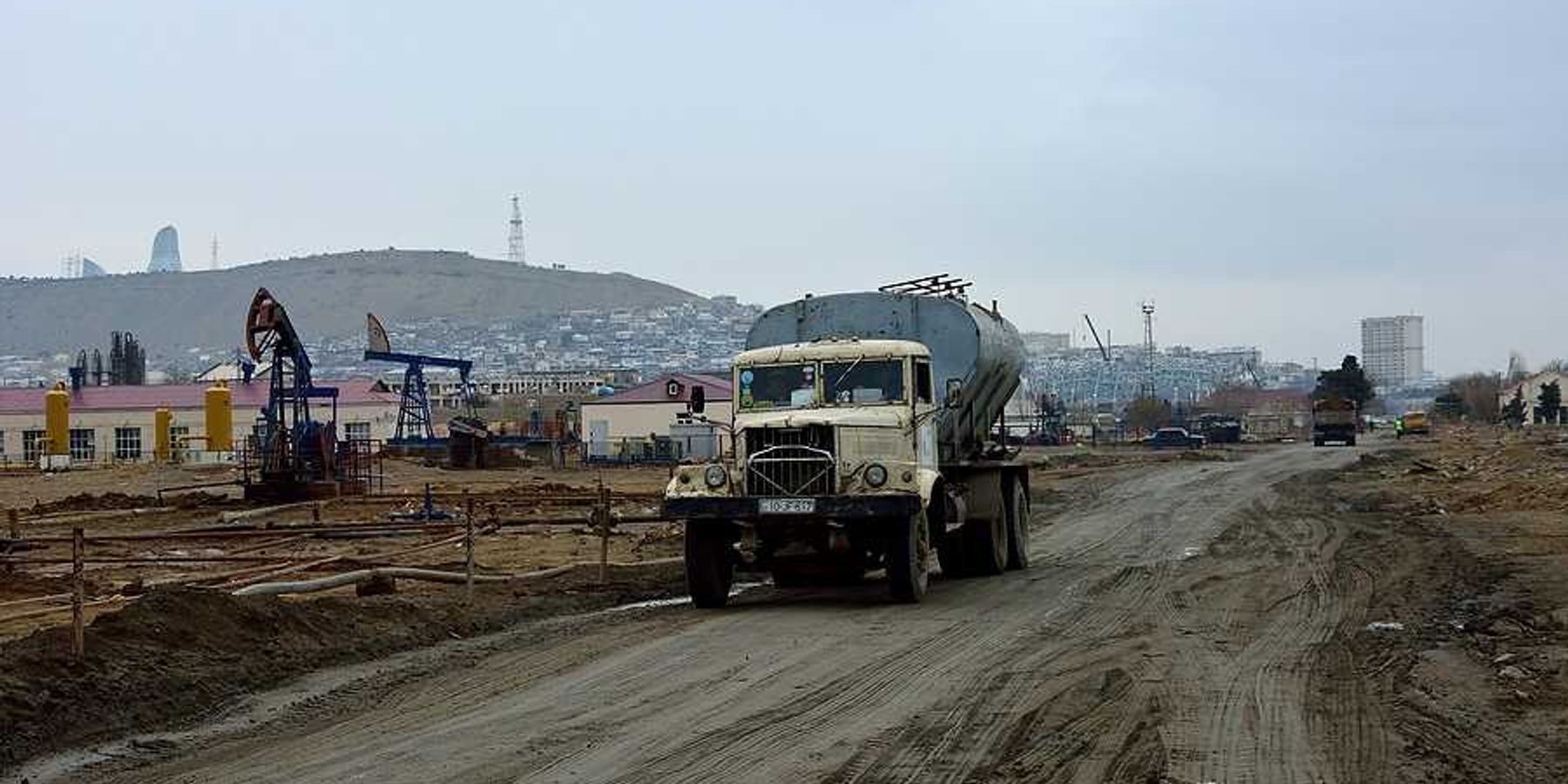ukraine war
Russia's war on Ukraine significantly increases global emissions
The ongoing conflict between Russia and Ukraine has led to greenhouse gas emissions exceeding those of 175 countries annually, contributing to the global climate crisis, according to a new report.
In short:
- Russia's invasion has released 175 million tonnes of CO2 equivalent, comparable to emissions from 90 million petrol cars for a year.
- Emissions result from direct warfare, reconstruction, landscape fires, and disrupted air travel.
- Russia faces a $32 billion climate reparations bill for the war's first two years.
Key quote:
"Russia is harming Ukraine but also our climate. This ‘conflict carbon’ is sizeable and will be felt globally."
— Lennard de Klerk, IGGAW lead author
Why this matters:
Military activities, including the use of heavy weaponry, explosions, and the mobilization of troops and equipment, contribute significantly to carbon emissions. The destruction of infrastructure and industrial facilities adds another layer of environmental degradation. These emissions exacerbate the global climate crisis, compounding the already urgent need for international climate action.
War in Ukraine is worsening effects of climate change, Kerry says
She was on the front lines of whale conservation. Now she’s on the front lines of war
Olga Shpak is one of thousands of researchers whose life’s work has been set adrift by the war, as she and her peers have been forced to flee the region or stay and fight.
What does the war in Ukraine mean for the climate?
COP27: Ukraine finds new allies in a Russian tourist hotspot
The Ukrainians came to Sharm el-Sheikh with a clear mission: to highlight the damage caused by Russia’s aggressive war – a war that is funded mostly by oil and gas revenues.
The green dream to rebuild a sustainable Ukraine from the rubble of war
49 million people face famine as Ukraine war, climate disasters intensify
As of last week, about 750,000 people around the world were facing a food security “catastrophe” — at which “starvation, death, destitution and extremely critical acute malnutrition levels are evident" — according to the U.N. Food and Agriculture Organization.









